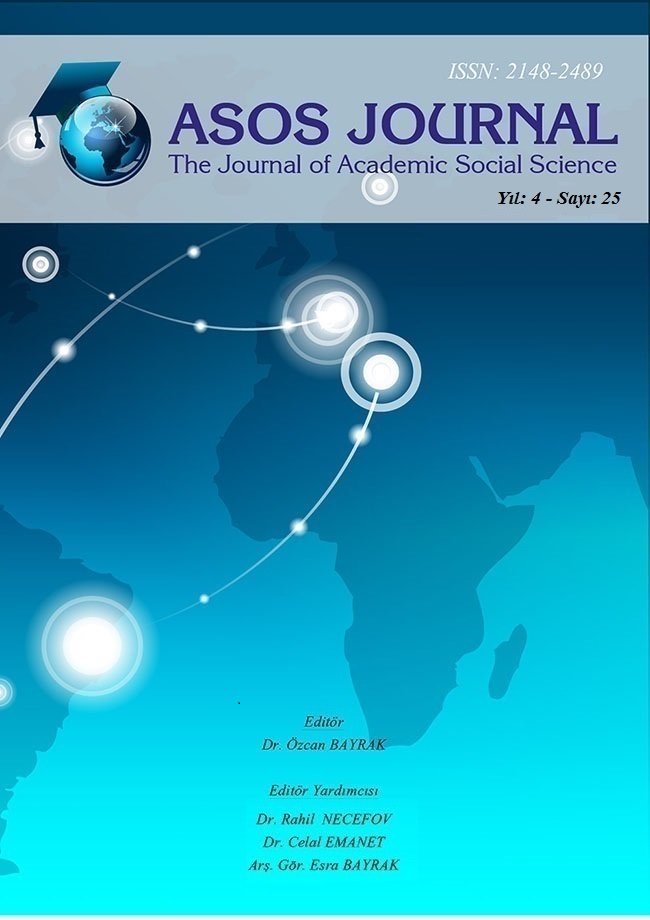Author :
Abstract
Bu makalede, ilk önce motivasyon teorileri ele alınmıştır. Çoğu kurum ve yönetici personelini motive etmek istemekte ancak nasıl yapılacağıyla ilgili tam bilgi ve uygulama yönü eksik kalmaktadır. Motivasyon teorileri, kapsam ve süreç teorileri olarak iki temel başlıkta incelenmiş. Kapsam teorileri, Maslow’ un ihtiyaçlar hiyerarşisi yaklaşımı, Douglas McGregor’un (X) ve (Y) kuramı, Herzberg’in Çift Faktör Teorisi, McClelland’ın başarı ihtiyacı teorisi ve Alderfer’in ERG teorisi olarak sıralanabilir. Süreç teorileri olarak da Bekleyiş Teorileri (Vroom bekleyiş teorisi, Skinner’in davranış şartlanması, Porter ve Lawler'in Beklenti Kuramları), amaç ve eşitlik teorilerine yer verilmiştir Daha sonra lider ve yönetici arasındaki temel ayırımdan bahsedilerek, liderlik teorileri üzerinde durulmuştur. Bunlar; büyük adam teorisi, özellikler teorisi, davranışsal teori, durumsal teoriler, lider- üye değişim teorisi ve dönüşümsel teori olarak ele alınmıştır. En son olarak da bireysel ve kurumsal
Keywords
Abstract
In this article, firstly the theories of motivation are discussed. Most organizations and managers want to motivate their staff but it still remains missing full information and implementation direction how to do that. Motivation theories are examined in two main parts as theories of context and process. Context theories can be ordered as Maslow's hierarchy of needs approach, Douglas McGregor’s (X) and (Y) theory, Herzberg's Two Factor Theory, McClelland's need for achievement theory and Alderfer's ERG theory. As Process theory, expectancy theory (Vroom’s expectancy theory, Skinner's the operant conditioning, Porter and Lawler’s Expectancy Theory) the purpose and equity theories are included in the study. Then the basic distinction between leaders and managers are mentioned and the leadership theories are emphasized. These theories are addressed such as great man theory, characteristics theory, behavioral theory, situational theories, leader-member exchange theory and the transf





